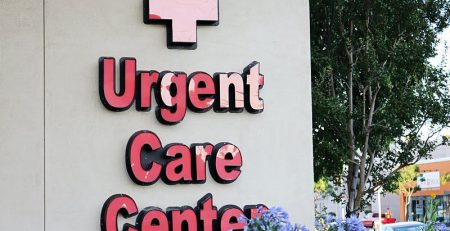Dealing with Insurance Adjusters After a Motorcycle Accident
For as freeing as riding a motorcycle can be, it’s shocking just how restrictive motorcycle accidents can feel in contrast. On top of catastrophic injuries and crippling vehicle repair costs, insurance adjusters are routinely a nightmare to deal with for motorcyclists. The claims process can be overwhelming and challenging to navigate for a layman, so it’s important to know some general best practices for handling insurance adjusters while pursuing a motorcycle accident case.
Open a Claim and Stay Quiet
You’re going to have to talk to an insurance adjuster after a motorcycle accident, but that doesn’t mean you should speak freely. Adjusters are trained to minimize settlements and doubt cases wherever they can, often using dishonest or deceptive tactics to do so.

Don’t trust a friendly facade—yes, the adjuster is a person, but they’re an employee first and foremost, and the more you talk, the more fuel they have to use against you, no matter how innocent you might think the conversation is. Only give adjusters the bare minimum required to open your insurance claim, and be especially sure to avoid some of the most common information pitfalls for motorcycle accidents:
- Don’t apologize. It’s normal to want to say sorry or that you feel bad, especially if the other driver is injured—even so, never tell your adjuster that under any circumstances. Apologies can be interpreted as an admission of partial fault, which will immediately shift blame towards you and reduce your compensation.
- Don’t give recorded statements. Insurance adjusters love to ask for formal, recorded statements, but you shouldn’t humor them. Contrary to what they say, these will never be used to benefit you—instead, it gives them a chance to provide recorded proof of any slip-ups you make while talking.
- Be careful with social media. As they do their research, many adjusters will scour your social media profiles for information to use against you. Don’t post about your accident, and give your profile a quick sweep to remove anything that paints you in an especially bad light—pictures of you riding your motorcycle without a helmet, for example, might imply that you’re reckless and responsible for your injuries because you didn’t take reasonable safety precautions.
Discrimination Against Motorcycle Riders
Riding motorcycles is fundamentally a dangerous, high-risk activity, which is why insurance adjusters and other drivers alike tend to assume that all motorcyclists are reckless, thrill-seeking joy riders, unfairly attributing additional fault to them in the process. Remember that the odds are generally stacked against you from the start off of stereotypes and profiling alone. However, while adjusters are allowed to have certain misconceptions, they can never deny an insurance claim on discriminatory grounds or assumptions—doing so would be unreasonable, and therefore illegal, as that would constitute what’s called a bad faith claim.
Contact an Arizona Motorcycle Accident Attorney
Handling insurance adjusters is ultimately a matter best left to an experienced motorcycle accident attorney in Phoenix, as they can negotiate on your behalf as well as advise you in more detail to make sure you don’t accidentally jeopardize your case. Strong legal representation levels the playing field against dishonest adjusters, so call ELG at (623) 877-3600 to schedule a free consultation with an Arizona motorcycle accident attorney and take the first step towards securing the compensation you deserve.






